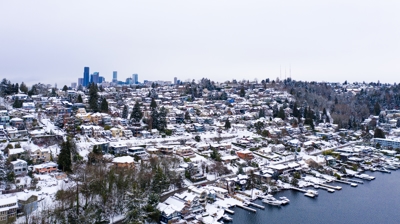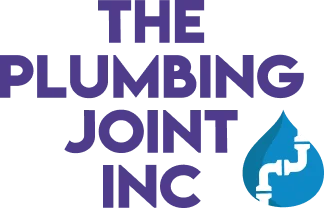the East Side & Beyond!
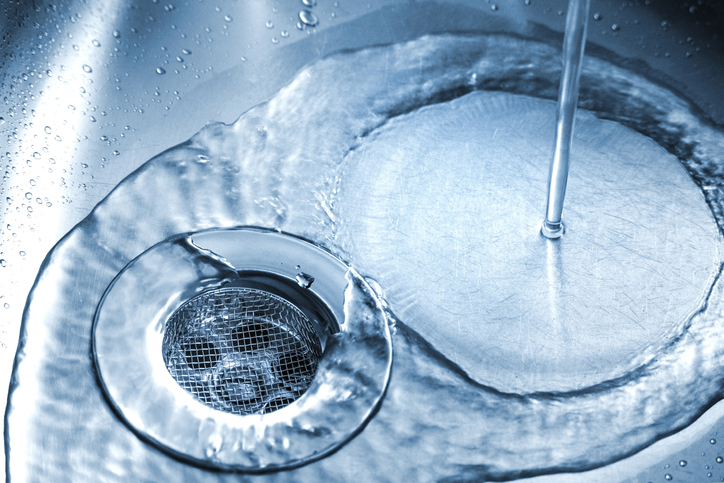
Plumbing Tips to Avoid a Clogged Drain and a Plumbing Emergency
March 11, 2018
The best approach to preventing clogged drains is to be proactive. There are many proactive measures you can take to make sure that you steer free of clogged drains that will save you time, trouble, and money. The little things you do now will go a long way. In fact, most plumbing calls are made due to clogged pipes that could easily have been kept clear with a few simple steps. Although none of these tips will help you in an actual emergency, follow this advice proactively to keep your drains clear of clogs (and perhaps prevent a visit from the plumber):
How you dispose of garbage
There are some things that should never go down the drain. So many kitchen sinks are clogged from common food items. Grease, coffee grounds, and other food items are common causes of clogged drains in the kitchen. Here are a few tips to help you dispose of these items properly:
- Let grease come to its sold state in the pan after you’re done cooking, and then scrape the solid into the trash. You can also try wiping out the pan with a paper towel to ensure that you get all that grease. If you don’t have time to wait around for grease to solidify, you can simply pour the liquid grease into an old can, and then throw it in the trash after the dishes are done.
- Coffee grounds should always go into the garbage. If you’d rather make an environmental-friendly choice, coffee grounds are a great addition to a mulch pile or compost area. Never put them down the drain.
- Other pieces of food that end up in the sink should get caught by a strainer or pulled out before they go down the drain. If you have a garbage disposal, this may not be such a big deal, but if the food is on the other side, catch it before it goes down. Small pieces of food may stick to grease in your pipes and cause a clog.
- You can also plug your sink and fill it up with roughly a gallon of water mixed with ¼ cup of baking soda. Turn on your garbage disposal and take out the stopper. What this does is flush food particles out of the grinding chamber and reduce the odors as well.
- If you are planning on purchasing a garbage disposal, be sure to get one that is big enough to accommodate how much you intend to put in it. Getting a bigger disposal at a higher price will be worth it in the long run. It can save you from spending money and time on unclogging your drains or calling a plumber in the future
Don’t make strainers a struggle
One of the easiest ways you can prevent clogs in the kitchen and bathroom is to use a sink strainer. These simple strainer items prevent objects from going down the drain and clogging it. For the kitchen, a larger-holed strainer is a perfect option. Consider a combination strainer and plug to make doing the dishes even easier. In the bathroom, think about getting a finer mesh strainer to keep the drain hair free and soap scum free.
Routine maintenance of your pipes
Treat and regularly clean your drains with an enzymatic cleaner a few times a year, perhaps even each month. Enzymatic cleaners are biodegradable cleaning agents that use bacterial enzymes to break down organic debris inside pipes. Use these routinely to keep your drains clean. These types of cleaners are highly recommended because they are not corrosive like other chemical cleaning products and are suitable for use with plumbing pipes, as well as septic systems.
You don’t necessarily have to use chemical cleaners to help your pipes stay clog-free if you choose not to go with an enzymatic cleaner. Run some hot water down your pipes occasionally to help any liquefy any grease that might be sitting in them. You could even boil some water to flush your pipes out. This isn’t a complete fix for an already clogged drain, however, it can help maintain clog-free drains. Also, you should routinely take out the plug in your bathtub or shower and pull out hair that has gathered on the drain’s cross members.
Preventing a clog doesn’t have to be a challenge. With little proactive measures, you’ll be able to keep your pipes clear and free. Before you spend hours unclogging your drain and calling a plumbing professional, try stopping these issues in the first place with these tips above!
Recent News
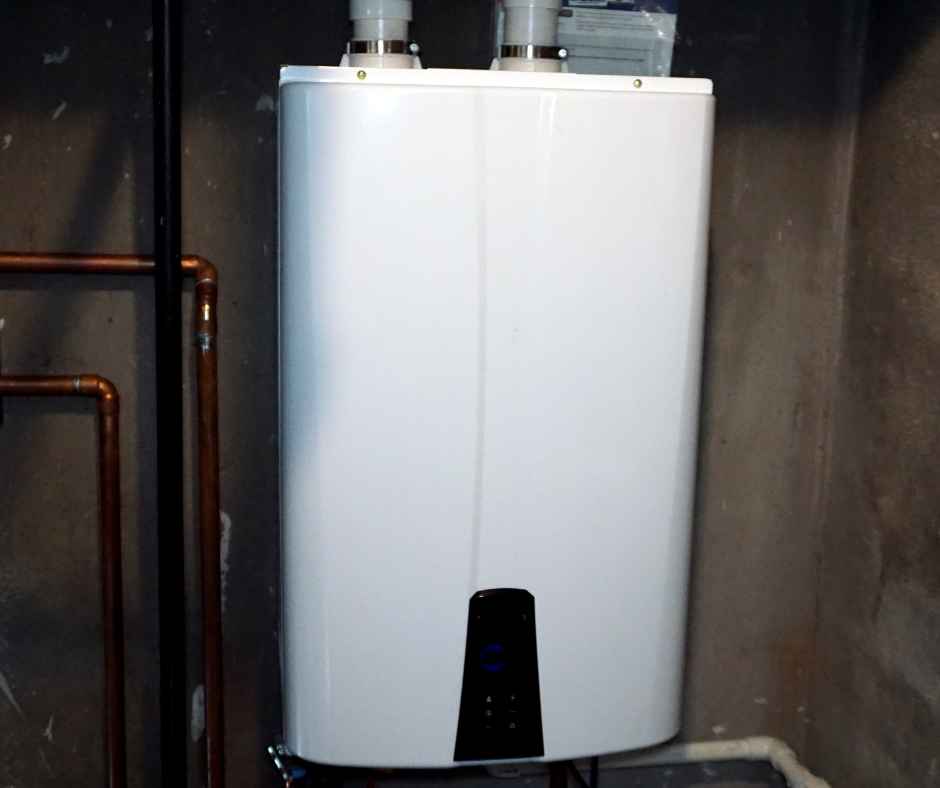
How Does a Tankless Water Heater Work?
April 9, 2024
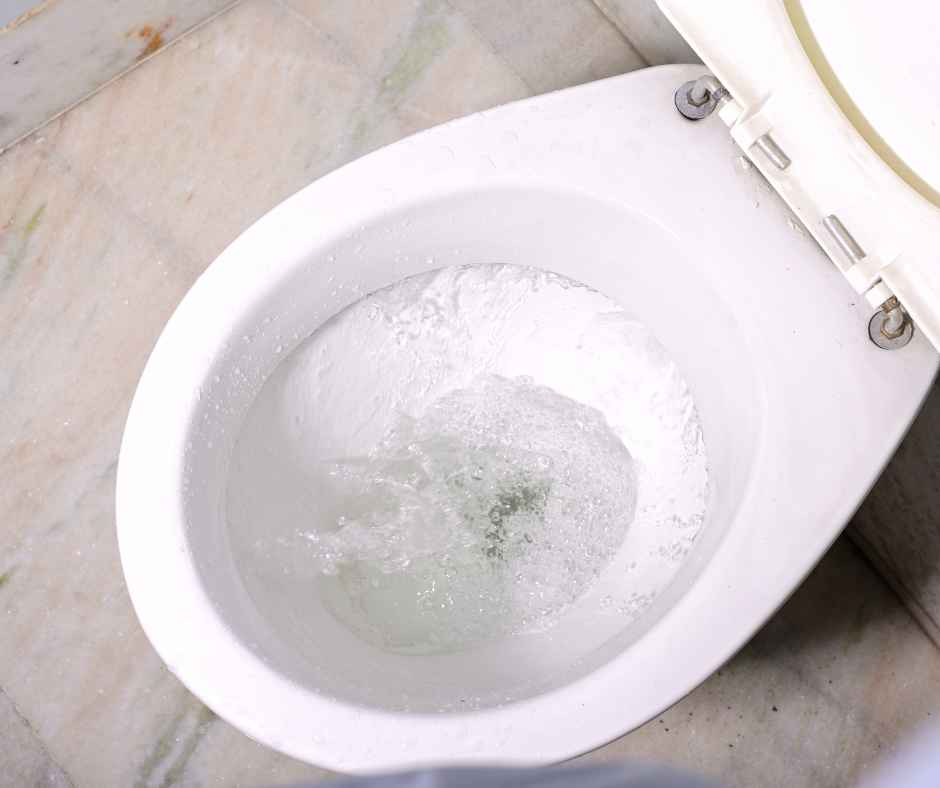
Why Does My Toilet Keep Running?
February 12, 2024
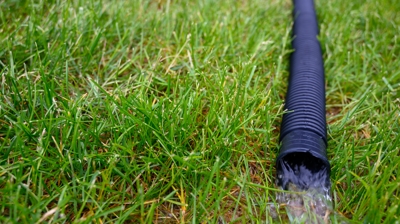
Preparing Your Plumbing for Summer: Tips for Renton, WA Homeowners
June 26, 2023
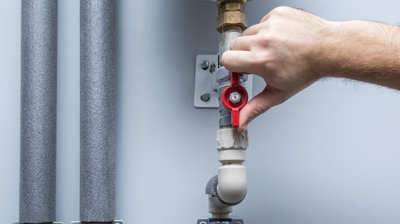
From Thawing to Blooming: How Spring Weather Affects Your Plumbing
April 26, 2023
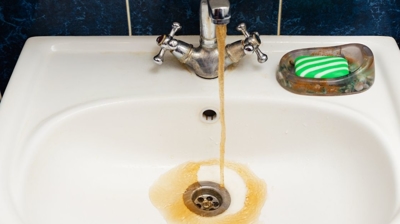
Why Is Rusty-Colored Water Coming Out of My Faucets?
March 14, 2022
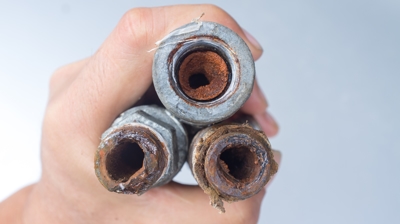
3 Plumbing Pipe Materials You Don’t Want In Your Home
February 3, 2022
